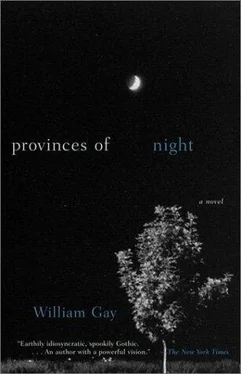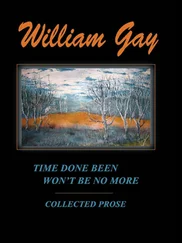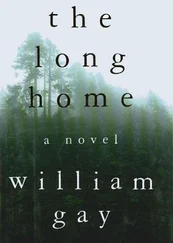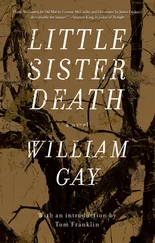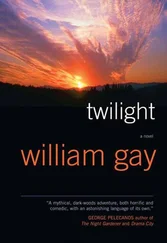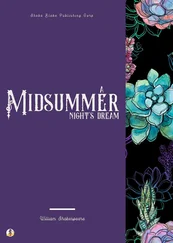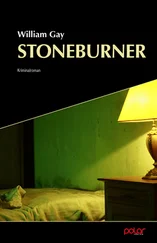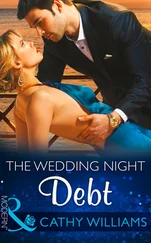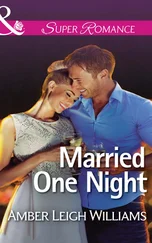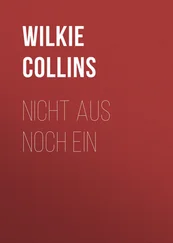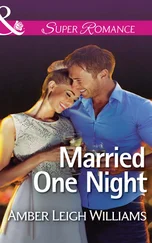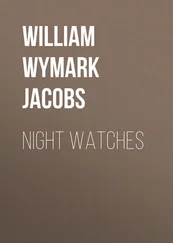He went in the dentist’s waiting room, bare of waiting patients. A pinepaneled room of wonders, a museum in miniature. While the dentist stacked copies of True and Collier’s and The American Magazine Fleming made a slow tour of the room. He’d seen it all before but he looked again. Time caught like a fly in amber and displayed behind plateglass. Civil War swords, a Colt dragoon in a curio case. Old dentist’s instruments so barbaric they looked like artifacts from a medieval torturer’s toolbox. Arrowheads. A long lethal spearpoint chiseled with meticulous craftmanship from flint. The skull of some ancient Indian, the cranium shattered by a rifle ball in a concussion that still rolled wave on wave forever in this room.
Here you go. I don’t have anything to put them in. Can you carry them under your arm?
That’ll work fine. Thanks a lot, Doc.
Don’t mention it. You take care, Speedo.
He went out and up the street but the stack of magazines kept slipping and sliding and he knew they’d wear him out before he’d walked the miles he had to go. He crossed the street and went down an alley toward the railroad where the feedstore was and behind it found a pile of burlap bags. He took one up and shook the loose grains of feed out of it and loaded the magazines into it and left with the bag slung across his shoulder.
He was no more than on the highway when he got a ride, a felthatted oldtimer in a pickup stacked with bags of corn. They rode in silence listening to the Grand Ole Opry on the radio. A country comedian was telling a story about a rube outfoxing a city slicker. In the west the sun had gone and the point where sun and horizon met burned in a blur like some cosmic conflagration.
Ain’t that Rod somethin? That Minnie too. Don’t they beat anythin you ever heard?
They’re pretty funny, the boy agreed, and grinned weakly as if he’d prove it.
What’s a young feller like you doin goin in this time of day? The night ain’t even got wound out yet.
I guess I just ran out of anything to do.
I was your age they wasn’t no runnin out. These warm nights you couldn’t of held me down with a log chain. I’d do anything. I’d wake up in Alaska hungover with my beard froze to the ground.
The boy didn’t reply. Beyond the dark glass fields and trees and houses slipped past, so blurred they were like ghosts of a landscape, just symbols that stood for a world. The truck had turned off and now they were going downhill, the wornout brake shoes skirling metal on metal.
I’d hang around that show and pick me up one of them young girls wanders around. Take her down by the tieyard and throw a tool to her.
I get off anywhere along here.
What?
I get off here.
The driver stopped. He looked. There ain’t nothin here, he said.
There’s a road across that branch. A log road. I live back across that ridge.
Well. You’d better get across it. It’s about slapdab dark.
He went down an embankment and crossed a swift narrow stream that went noisily over the stones and followed a footpath through a thicket of elderberry and sumac and came out on an old log road that wound toward the timbered ridge. Everything was sinking in indigo dark save the road which seemed to exude a faint phosphorescence like an enchanted road in a witch’s wood orphans might follow to the cottage at its end.
He trudged woodenly on, the bag slung across his left shoulder. He seemed to move in a pocket of silence, nightbirds and insects falling silent at his arrival, taking up the cry after he’d passed. He wondered how many times he’d walked this road with Boyd, how many times dark fell on them before they made the crossroads. Boyd in front, the burlap bag of groceries on his shoulder. The boy behind, folded comic books in his hip pocket. Landmarks rose out of memory. A stump, a tree. The way a horizon held against the heavens. Here we lost my shoes one time, had to backtrack a mile and a half to find them. The pale shoe box against the drifted leaves. I was beginnin to think we dropped them comin out of the drygood store, Boyd had said.
The feeling that off somewhere in the bracken man and boy still walked rose in him nor would it abate. With their steps locked in sync with his they paced him in the silent black wood, passed through the boles of trees like revenants. A moon the color of yellowed ivory cradled up out of the dark and he could see them moving through the trees transparent as water, insubstantial as a handful of smoke.
He went on. When he reached the crossroads the moon was well up and the intersecting roads lay dusted with silver until they faded into the velvet trees. He sat for a time and rested. He was uncertain as to which way to go. If he bore left he would wind up at his grandmother’s. Straight ahead followed the spine of the ridge to his home. There was something mystic about crossroads, they doubled the options, confused both pursuer and pursued. He didn’t know which he was, and after a while he made a pillow of the magazines and slept this night at the crossroads.

B OYD LIVED in a rooming house with other men whose lives he understood better perhaps than he understood his own. He did not know their names or their faces except to nod to when they met on the worn carpet of the hallway yet he had known them all his days, had known them as thoroughly as if he’d been an invisible listener to their every conversation, read their mail, hitchhiked through the burnt landscape of their troubled dreams. They were all men like him, gone north for something better, and finding there the trouble they’d fled was somehow augmented, their lives multiplied by themselves.
Nights he’d come out of the house to the electric neon streets and walk down to a strip of gaudy bars and find hundreds of others wearying themselves toward dreamless sleep. He watched drunken men pound themselves senseless in alleys, in bars, he kept to himself and he kept his mouth shut and he skirted barroom brawls that were just masses of men and whores and flailing cuesticks with a sort of amused contempt.
And so into the night. The rainy streets echoed the flickering neon as if the ghosts of revelry continued silently on at some subterranean level. The air was electric with sound: jukeboxes and the click of pool balls and the sluice of tires through the rain and police sirens, the wail of fire engines. Folks were always wounded, dying, burning alive. They died on roadhouse floors of gunshot wounds, of being flung through the windshields of automobiles that had been suddenly halted by utility poles, trees, concrete underpass abutments, they died of knife cuts you could just not get to stop bleeding.
He wondered at the jobs folks had, these curious restorers of order. There were people who moved in as if they homed on violence, they towed away the crumpled wrecks, others swept up the glass, others mopped up the blood. Together they knitted whole the fabric of night where violence had rent it. Everything was always changing and everything was always the same.
On the way back to his room there was a dog that would bark at him every night. Run down the length of a concrete sidewalk between box elders that were glossy black in the streetlights. There was a gate of wrought iron hung between two concrete posts. The posts were surmounted by gargoyle’s heads. The German shepherd would come padding down the concrete barking furiously, halt at the closed gate and watch him, his eyes fierce and alert, the skin of his nose and upper lip wrinkling with its short, angry barks.
One night the gate was standing open and the dog paused as if undecided whether to come into the street. Boyd watched it. He’d halted when he saw the unexpectedly open gate. He fumbled out the hawkbill knife, knowing if he ran the dog would be upon him. The dog seemed uncertain, watching Boyd, watching the gate.
Читать дальше
